BEYOND THE ECHO CHAMBERS
SA, India and Brazil foreign policy experts urge Germany and the West to hear them on Ukraine, China
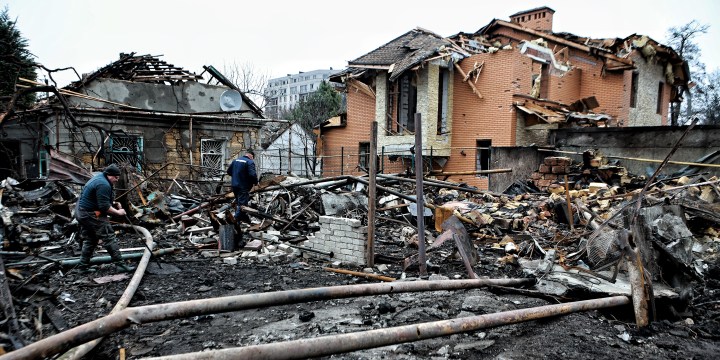
But German experts say it is the responsibility of all countries to uphold a free international order.
Germany and the West must “listen beyond their echo chambers” and accept the different views of South Africa, India and Brazil on critical foreign policy questions including China’s role in the world and Russia’s war against Ukraine.
This is one of the main conclusions drawn from a recent survey of the views of 1,000 foreign policy experts – including academics, government officials, diplomats, journalists and business people – in the four “emerging middle powers”: Germany, South Africa, India and Brazil..
This was part of the Körber Emerging Middle Powers (KEMP) Initiative which comprises four think tanks: The German foundation Körber-Stiftung, the South African Institute of International Affairs (SAIIA), Gateway House India and Brazil’s BRICS Policy Centre.
In their report – “Listening Beyond the Echo Chamber: Emerging Middle Powers Report 2024 – Julia Ganter of the Körber-Stiftung, Steven Gruzd of SAIIA, Manjeet Kripalani of Gateway House India and Carlos Frederico Coelho and Paulo Esteves of the BRICS Policy Centre said the questionnaire found significant agreements and differences on major issues.
German experts generally regarded Russia’s war against Ukraine and the war in the Middle East, as well as strained relations with China, as the most challenging issues for their country.
“They want to support Ukraine, stand firmly on the side of the United States, perceive the dominance of the US dollar in international trade and finance as favourable and are critical of BRICS+ as a forum for economic and political cooperation as well as of its expansion,” the KEMP Initiative authors noted.
About 59% of the German respondents viewed the dominance of the US dollar in the global economy as favourable, versus 38% of the Indians, 25% of the South Africans and just 10% of the Brazilians.
The last point refers to the BRICS Forum which previously comprised Brazil, Russia, India, China and South Africa, but which expanded in 2023 to include Egypt, Ethiopia, Iran, Saudi Arabia and the United Arab Emirates.
The report said these views of the German experts differed from those of the Indian, Brazilian and South African experts (collectively referred to as IBSA [India, Brazil, South Africa]) who favoured mediation between Russia and Ukraine instead of supporting either, viewed the dollar’s dominance unfavourably and were optimistic about BRICS+. They also showed much more concern than Germany about international trade. “But even in IBSA, some are critical of the group’s expansion to include the likes of Iran,” the report said.
Nearly 90% of the German experts said Germany should support Ukraine, whereas 70% of the Brazilians, nearly 60% of the South Africans and nearly 50% of the Indians felt their countries should rather mediate a peaceful settlement.
About 59% of the German respondents viewed the dominance of the US dollar in the global economy as favourable, versus 38% of the Indians, 25% of the South Africans and just 10% of the Brazilians.
Asked what they thought their countries should do in the growing US-China rivalry, 80% of the German experts felt Germany should be on the US side – and so, interestingly, did 59% of Indian experts. But 82% of the Brazilian experts and 79% of the South Africans felt their countries should remain neutral.
About 67% of the Indians, 62% of the South Africans and 57% of the Brazilians supported the expansion of BRICS, but only 15% of the Germans.
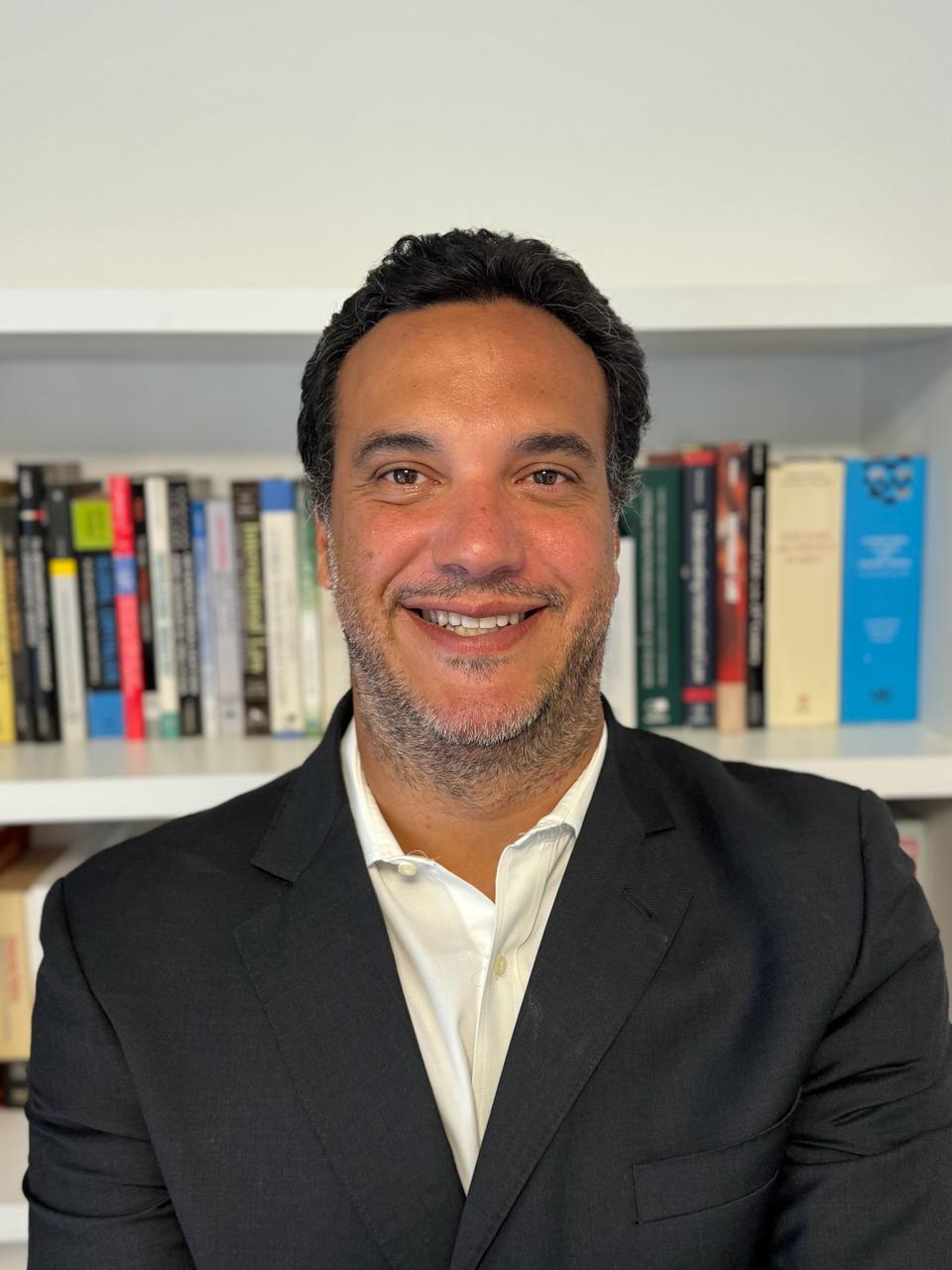
Carlos Frederico Coelho of the BRICS Policy Centre. (Photo: BRICS Policy Centre)

Paulo Esteves of the BRICS Policy Centre. (Photo: BRICS Policy Centre)
The report adds that some of these differences between Germany and IBSA “place Germany and the West in a difficult position. They have made efforts to persuade emerging middle powers to take a clearer stance against Russia and support sanctions against it. The survey shows that majorities in IBSA prefer their country to mediate.”
Within the three IBSA countries, the main foreign policy challenges are also seen differently. For South Africa, the wars in Ukraine and the Middle East are the major foreign policy challenges.
Whereas climate change is the biggest challenge for Brazilian experts, and for Indians it is their country’s tense relationship with China – mainly caused by a border dispute in Kashmir which occasionally flares into violence.
Some things in common
The survey did find some important shared priorities among foreign policy experts in all four countries, notably that all have high hopes for the G20, which India chaired in 2023, Brazil is chairing this year and South Africa will chair next year. And all four countries also strongly believe the UN Security Council should be reformed. All four countries have at some time said they wanted a permanent seat on an expanded Security Council.
The KEMP Initiative makes several recommendations to Germany and the West on how to improve relations with the three IBSA middle powers.
Their main recommendation is that “Germany and the West must listen beyond their echo chambers, accept different views, respect the agency of emerging middle powers rather than seeing them as pawns in the game of great powers, and ensure equal partnership in a restructured rules-based international order”.
Diverging assessments of Russia’s repeated violation of international law are more problematic.
Germany and the West could respond positively to the interest of South Africa, India and Brazil in acting as mediators between Russia and Ukraine “when the time is right” as the three counties have mediation experience in their own regions.
“Instead of seeing them as battlegrounds for geopolitical rivalries, Germany and the West must reform and align their approach with the aspirations of emerging middle powers for rapid economic and sustainable progress. Not forcing them to choose sides is part of this. China enables emerging middle powers to balance their relationship with the United States, and its cooperation with many of them explains why its influence is viewed positively in Brazil and South Africa.”
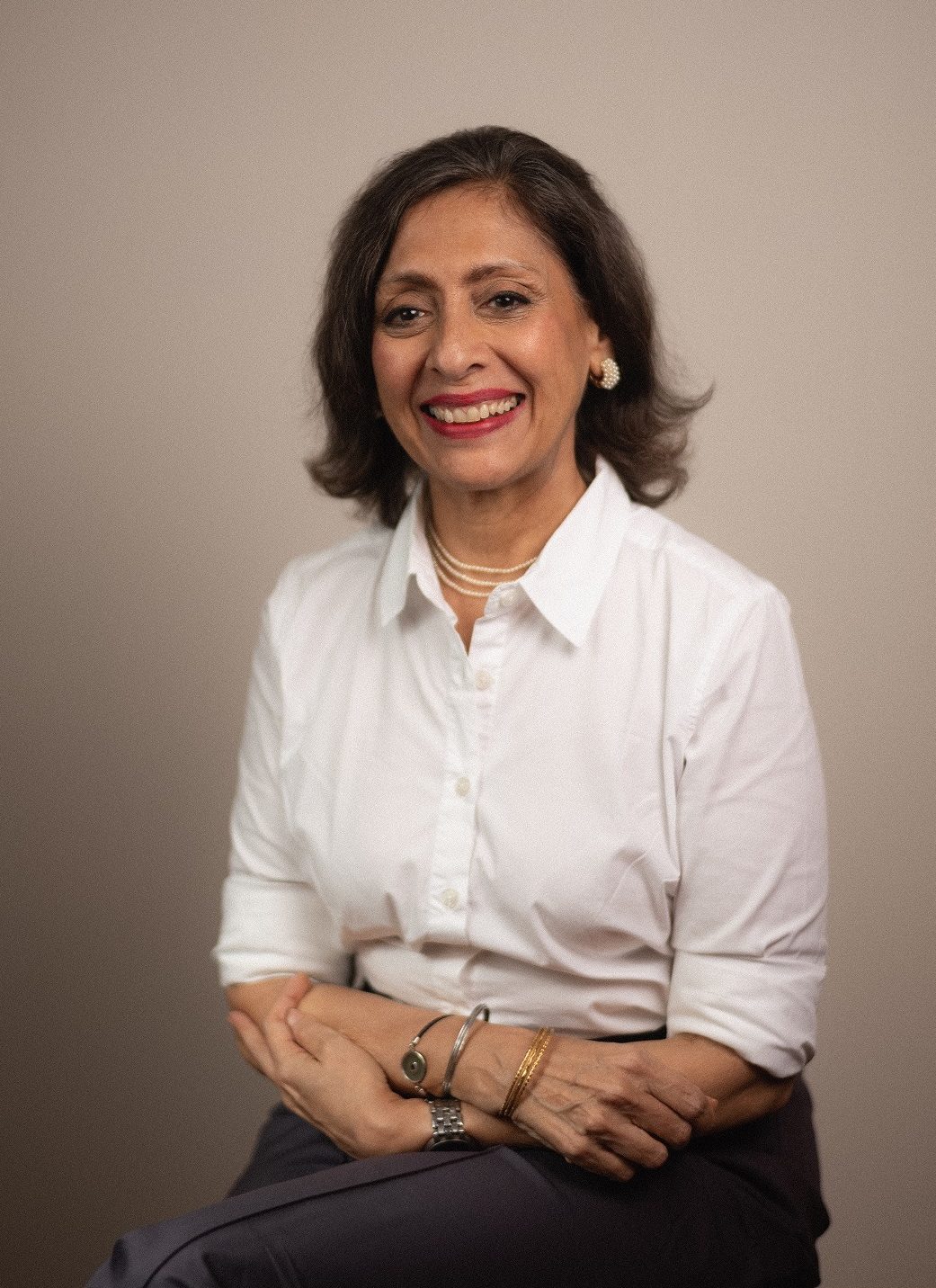
Manjeet Kripalani of Gateway House India. (Photo: Sunhil Sippy)

Steven Gruzd of SAIIA. (Photo credit: SAIIA)
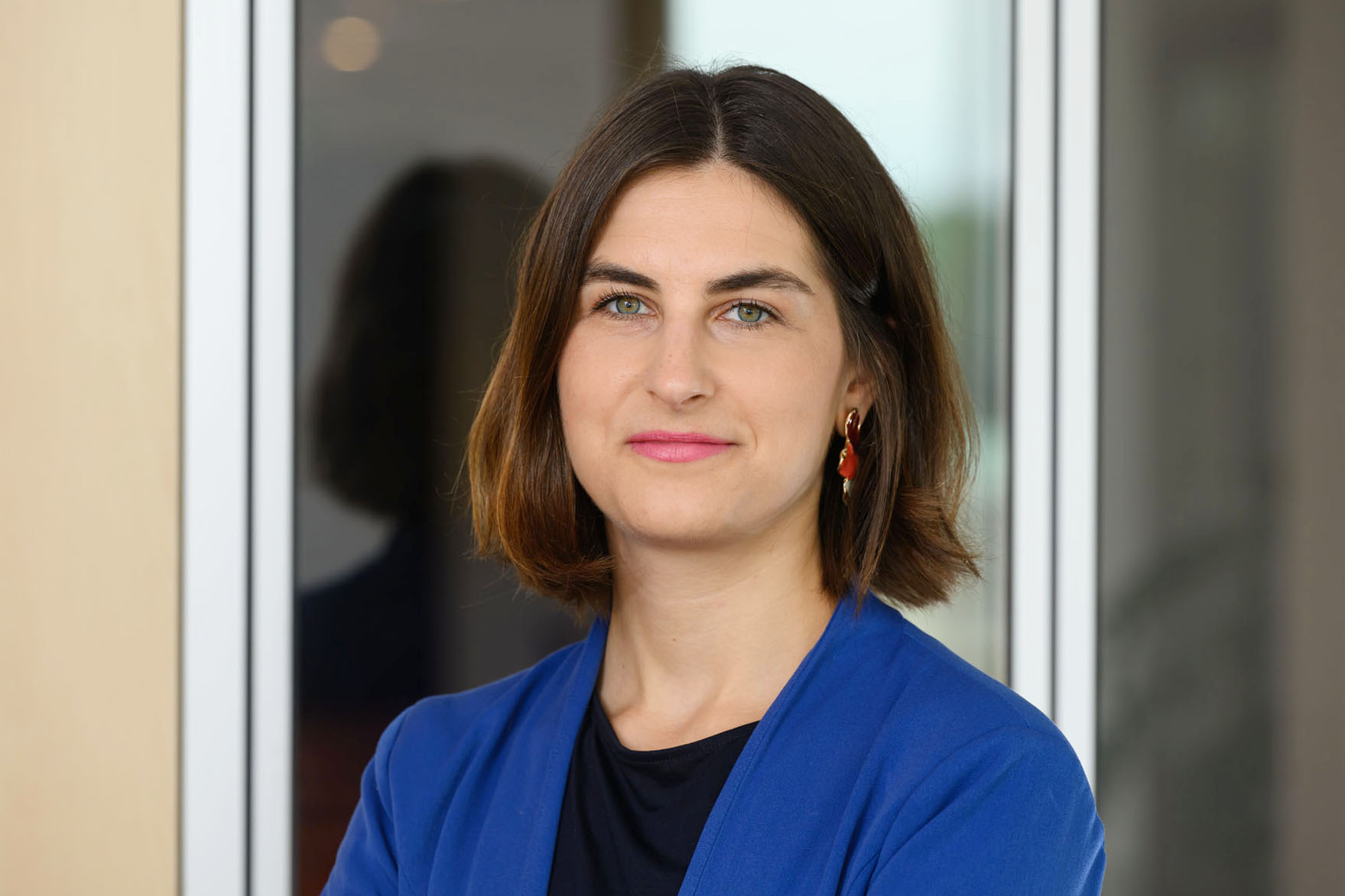
Julia Ganter of Körber-Stiftung. (Photo: David Ausserhofer)
The authors add that technology transfer and intellectual property right waivers by the West and global public investment with equitable contributions, benefits and governance mechanisms would strengthen multilateral institutions and also bridge the gaps between the West and emerging middle powers.
This opinion of the report’s authors on Russia and Ukraine contrasts sharply with the views of both the German experts surveyed and of Michael Scharfschwerdt, director of policy planning at the German Federal Foreign Office. He notes in an article in the report: “While differing views on China are somewhat to be expected, given different national contexts, diverging assessments of Russia’s repeated violation of international law are more problematic.

Michael Scharfschwerdt of German Ministry of Foreign Affairs. (Photo: German Ministry of Foreign Affairs)
“Russia’s war on Ukraine undermines sovereign political choices and the inviolability of territorial integrity also on a global scale.
“Moreover, targeted attacks on the export infrastructure of Ukraine – one of the world’s major suppliers of grain and fertilisers – amount to an onslaught on global food security. The inflation propelled by Russia, while undoubtedly harmful to Germany, has had even more severe consequences for less-affluent countries.
“We believe that powers of global consequence have the ability and the responsibility to stand up for the global commons,” he adds. These powers should play a greater role, not only in helping maintain a free international order, but also in tackling other global challenges such as decarbonisation, reforming the international financial architecture, and regulating capital markets, artificial intelligence and biotechnology.
The report also illuminates some sharp differences in how the three IBSA nations regard each other and other big players like China and the US.
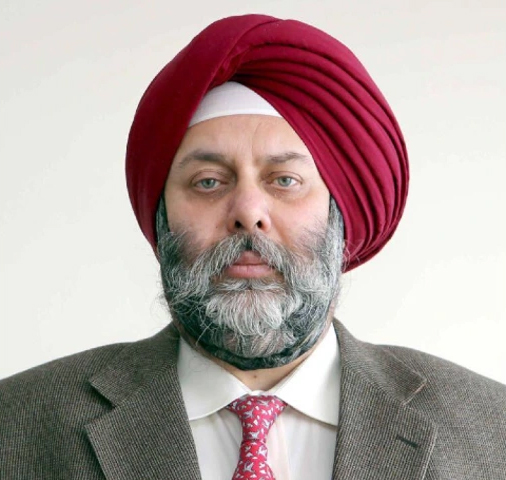
Manjeev Singh Puri of Indian Ministry of Foreign Affairs. (Photo: Indian Ministry of Foreign Affairs)
The main outlier is India. It is a member of IBSA and BRICS+, the latter of which includes China. Yet 73% of the Indian respondents were negative about China’s global influence (versus 76% of Brazilians and 60% of South Africans who viewed China positively). The main reason is India’s decades-long border dispute with China, as Manjeev Singh Puri, former Indian ambassador to the European Union, noted in an article in the report. He added that China’s Belt and Road Initiative – much admired in the South African government among others – “is considered a threat to India’s sovereignty and territorial integrity”.
“The mistrust of China extends to the Shanghai-based BRICS Bank, seen as the least-useful financial institution for Indian interests. This perception also explains India’s preference for the G20 over the BRICS, where Chinese influence is on the rise. The survey underscores how important the United States is for India. It is seen as a natural partner in the country’s quest for growth.”
Puri also noted that while South African and Brazilian experts both regarded India as among their countries’ top five international partners, Indian experts did not regard either South Africa or Brazil as being among India’s top five partners. He suggests this might change when the three countries work together as the G20 troika next year.
The AU is nothing but a talk shop… it is doing nothing to stem the tide of violence across the continent.
Sérgio Rodrigues dos Santos, head of policy planning in the Brazilian Ministry of Foreign Affairs, wrote in the report that the G20 presidency in 2024 was Brazil’s top foreign policy priority.
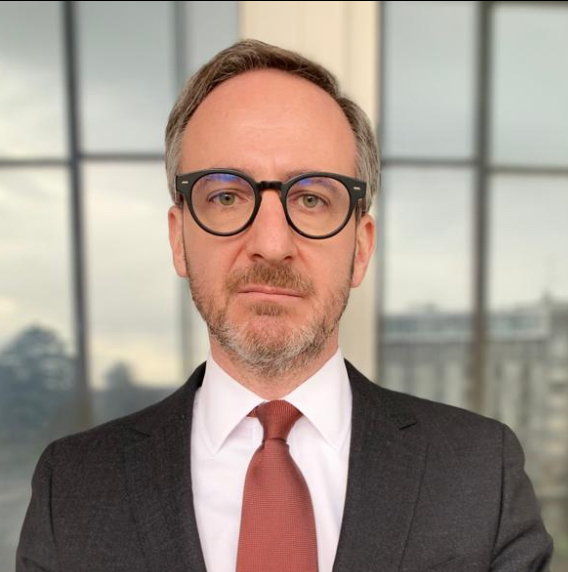
Sérgio Rodrigues dos Santos of Brazilian Ministry of Foreign Affair. (Photo: Brazilian Ministry of Foreign Affairs)
“Reducing inequality in all its forms is at the core of our agenda,” he said. This would include launching a Global Alliance against Hunger and Poverty, ensuring countries adopted more ambitious programmes to reduce climate change and pushing for reform of global governance, particularly to ensure greater regional representation on the UN Security Council, and on the boards of the International Monetary Fund and the World Bank.
MP Emma Powell, the DA’s shadow minister of international relations and cooperation, said in an interview in the report that the party strongly opposed Iran’s accession to BRICS because it was working with countries like Russia to destabilise many parts of the world.

The DA’s Emma Powell. (Photo: Tegan Smith Photography)
She also rejected the view of survey respondents that BRICS+ is about trade and investment rather than politics and values. “There is no single trade agreement among BRICS partners,” she noted, adding that BRICS brought no economic benefit.
Powell also dismissed the view of the South African foreign policy experts that the African Union was the most relevant international institution, even more so than the UN. “The AU is nothing but a talk shop,” she retorts, noting that “it is doing nothing to stem the tide of violence” washing across the continent.
The interviewer asked Powell whether German Chancellor Olaf Scholz, on his visit to South Africa in May 2022, was wrong to have asked President Cyril Ramaphosa to sanction Russia for its invasion of Ukraine. “No. Any nation whose constitution is founded on the bedrock of liberal values such as freedom and democracy would condemn Russia’s illegal invasion of a sovereign state and would take countermeasures to ensure that there are consequences,” she replied. DM
















Comments - Please login in order to comment.